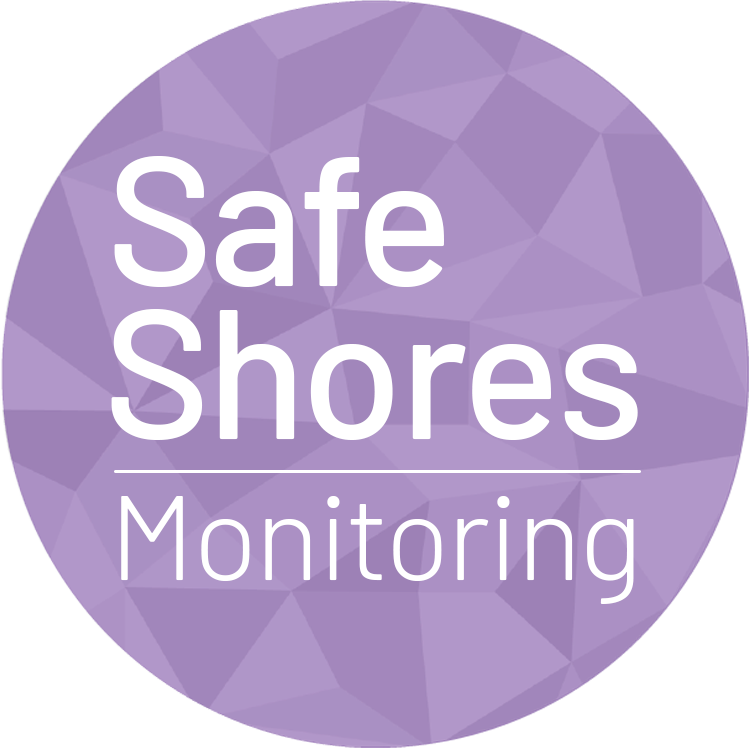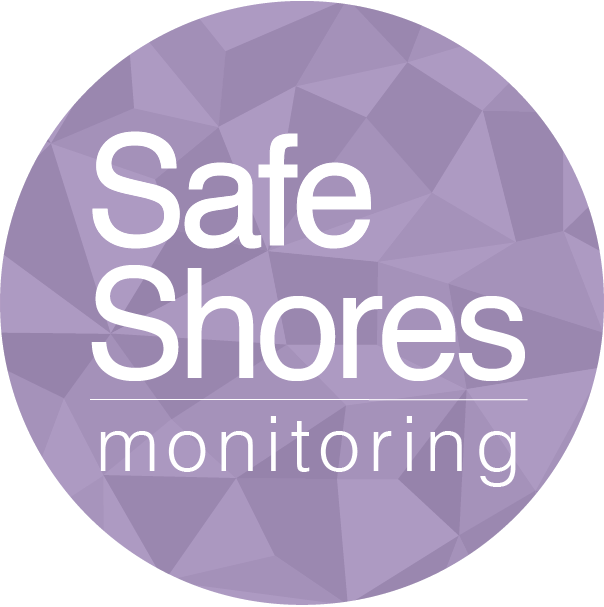Safe Shores Monitoring specialises in lone worker solutions, legislation surrounding lone working is vast. However, sentencing guidelines used by the Courts are tightening, and the repercussions for breaking health and safety laws are growing steeper each year.
Almost 8 million people in the UK are lone workers. 22% of the entire working population leave home every morning, to face their duties alone and a number of those without lone worker solutions.
Of those 8 million lone workers, one or more is verbally or physically attacked every 9 minutes.
There are those who employ a comprehensive lone worker policy because they understand their workers are often in harm’s way. Often these policies are introduced as a point of principle. Thankfully, many people understand and agree that those working remote and alone deserve the same guarantee of safety as those in an office.
Although many employers have the interest of their workers at heart when implementing a lone worker policy, it is important to remember that a lone worker policy is not a kindness. It is a legal requirement that affects all levels of management.
Although there are two main laws (2007 Corporate Manslaughter Act and 1974 Health and Safety at Work etc Act) which stipulate an employer’s duty of care and the steep consequences if they fail to comply. There are others less obvious laws which impact employers. Such as:
The Management of Health and Safety at Work and Regulations 1994
The Reporting of Injuries, Diseases and Dangerous Occurrences Regulations 1995
Safety Representation and Safety Committee Regulations 1977
Road Traffic Act and the Road Vehicles (Construction and Use) Regulations
A recent report from global law firm Clyde and Co showed that fines from prosecutions brought by the Health and Safety Executive (HSE) rose by 74% and fines brought from local authorities have increased 1870% following the introduction of new guidelines earlier in 2017. The overall total value of fines increased to £73.2m, compared to £35.4 in the previous 12 months.
Head of compliance and strategic support in Clyde & Co’s safety, health and environment team, Rhian Greaves, said: “Good health and safety management is morally right. It also makes good business sense. When the potential reputational damage is added to the cost of the fine, it’s clear that health and safety failures are now major business risks.”
Recent proposals from The Sentencing Council’s consultation revealed that Corporate manslaughter sentencing guidelines are set to become even stricter which is aimed at promoting “consistency in sentencing and transparency in terms of how sentencing decisions are reached”, according to the Sentencing Council’s draft.
As the business benefits of a good health and safety policy increase, it’s surprising to find that one in five managers admit to not following health and safety protocol.
A study commissioned by law firm Hugh James and conducted by Atomik Research, polled 2,000 full time and part-time employees across the UK, found that 46% of UK workers had not received workplace training on general health and safety policies.
Mark Harvey, a partner at Hugh James, said: “Not only does there appear to be some confusion around existing legislation amongst managers and employees, but there is also a lack of understanding when it comes to the consequences of misconduct in the long-run.”
In an era where health and safety is under increasing scrutiny not only under the eye of the law but in the media, it has never been more important for businesses to fully consider their policies and review how these practices are implemented on a daily basis.
One of the most common issues faced by businesses is not the introduction of a comprehensive health and safety policy, but the actual day to day implementation of one.
As a lone worker solutions provider, Safe Shores Monitoring has seen first hand the challenges organisations face. Lone worker solutions such as our Companion App, is an essential tool used to protect men and women working on the front line, yet most organisations struggle to encourage even 50% of their lone workers to use the service provided.
This is why Safe Shores Monitoring recently introduced Champion Support service which encourages user uptake through informal workshops and regular communication. By opening a dialogue with customers and employers, Safe Shores Monitoring has seen a dramatic increase in service uptake and are proud to be leading the industry in this field.
Lone workers are a particularly at risk group of workers. Any one of the 8 million lone workers in the UK could be attacked at any given moment of their working day. Without use of comprehensive lone worker solutions in place to protect the best interest of those workers, organisations with lone workers may find themselves at greater risk of excessive fines which are applied as a percentage of turnover as opposed to profit.
If you employ lone workers and are not sure how well your current policy protects them, then contact Safe Shores Monitoring today for a free risk assessment or no fuss quote.




